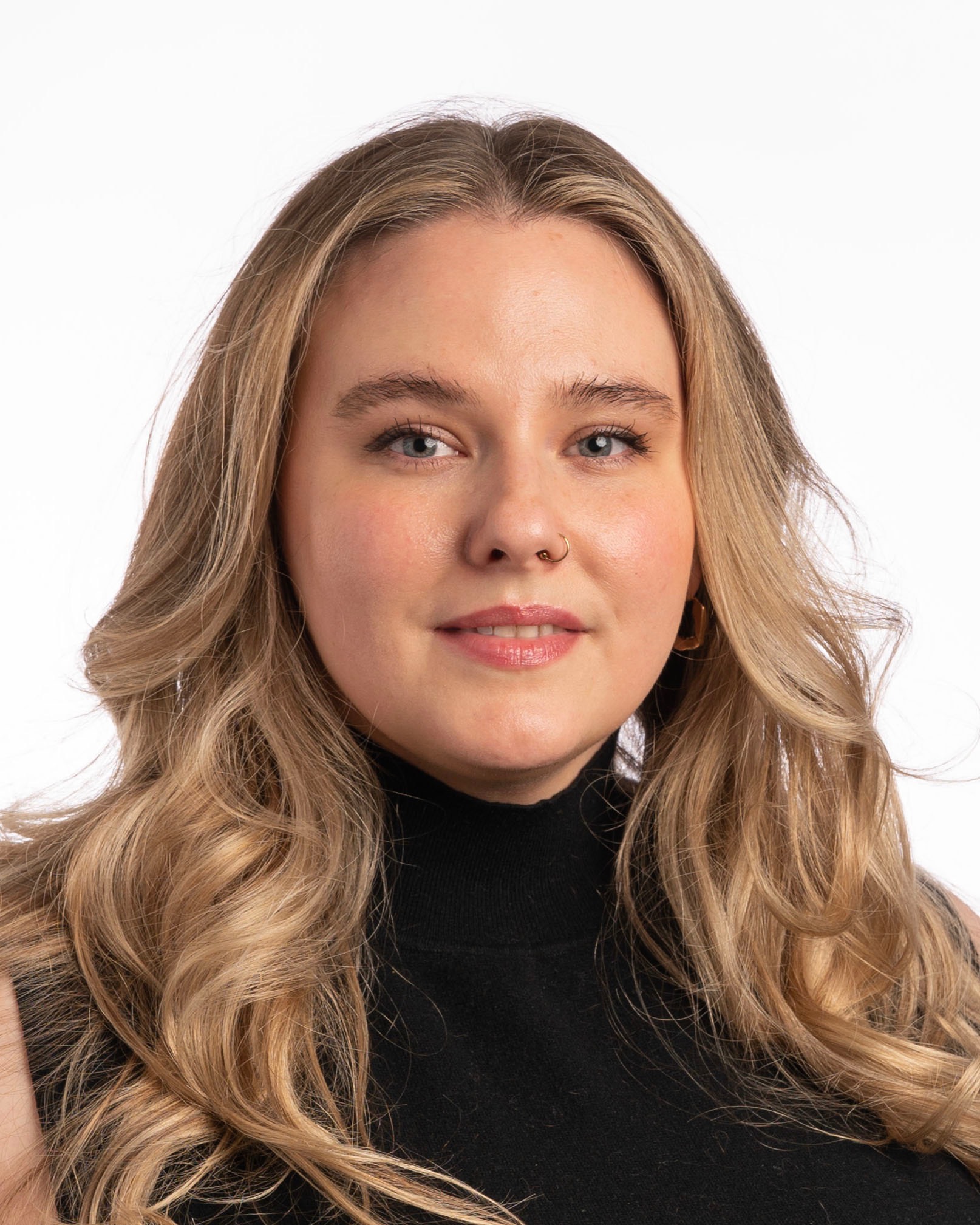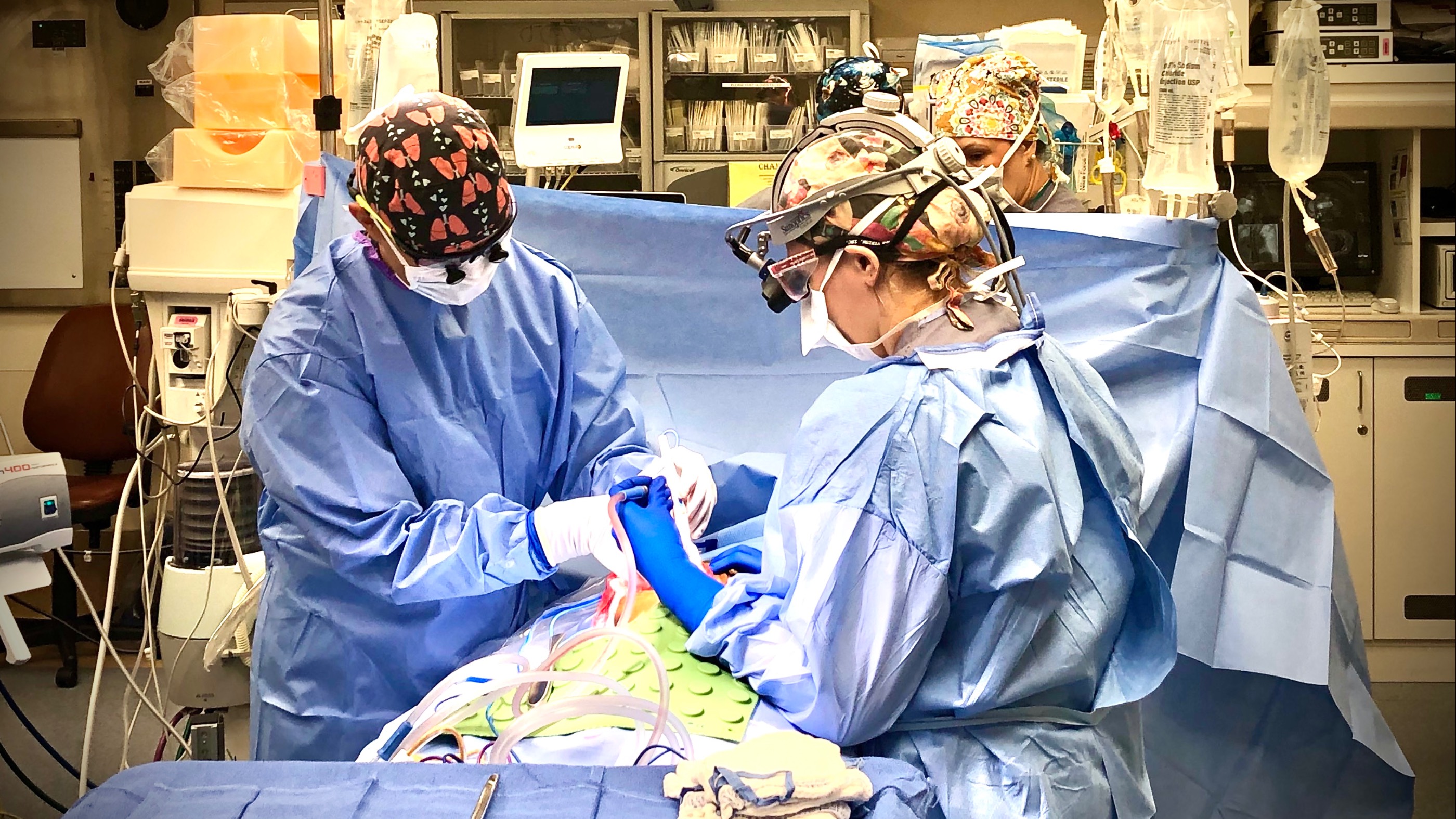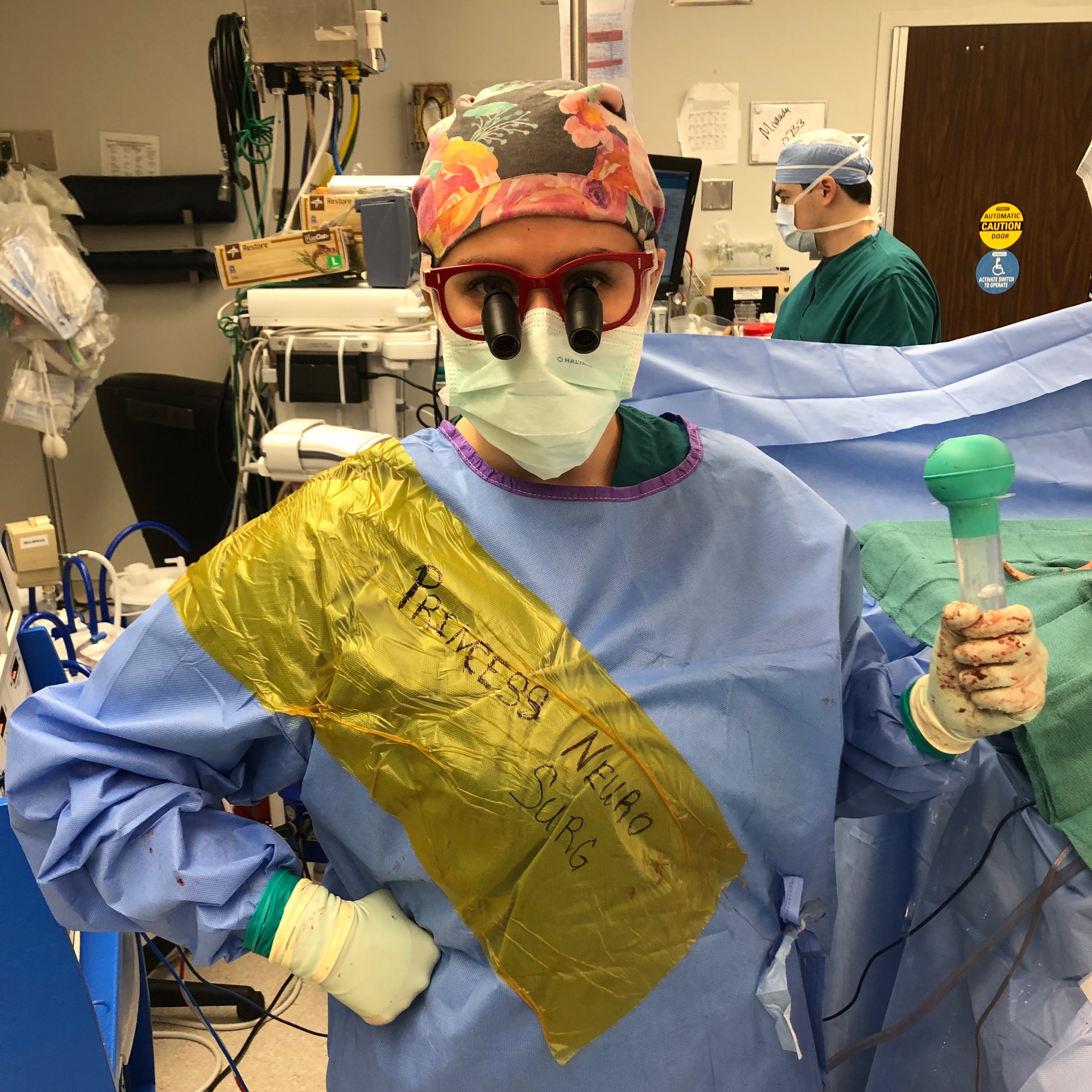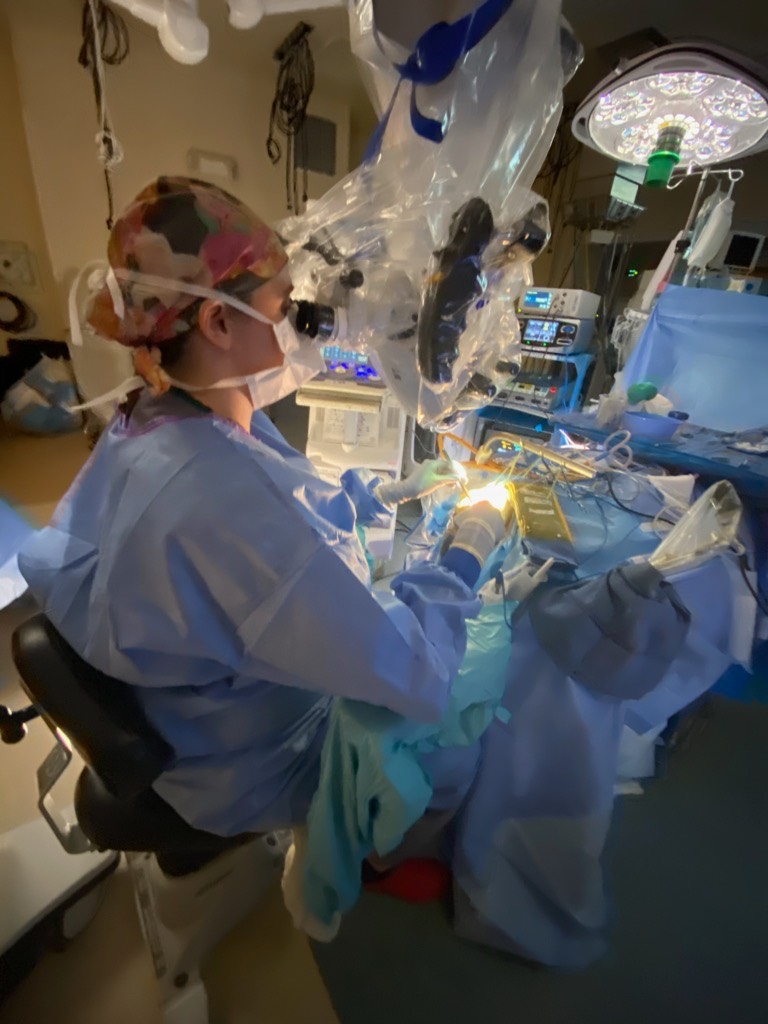Spotlight: Kelsey Hundley
August 21, 2023
Name: Kelsey Hundley
Graduation Year: 2012
Degree: Biological Sciences, Concentration in Secondary Education
Career:
- Pediatric Neurosurgery Fellow at Oregon Health & Science University (OHSU)
- Internship and Residency at University of Arkansas for Medical Sciences (UAMS)
- MD in 2016 at LSU School of Medicine in New Orleans

Kelsey Hundley, GeauxTeach STEM Alumni
Q: What do you do in your current position, and what makes you happy to be doing it?
- I can talk about this for days. I really love what I do. I love neurosurgery. It's surgery of the brain and spine…I do surgery for trauma, tumors, infection, pain of the brain and spine. I prefer being/working with children. Children have this remarkable capacity to keep on living; they get better. Children are very honest, right? Having interactions with them is always extremely authentic and genuine. They're just trying to get better. And so it makes my job really fun and and really easy. I want to help them. They just want to be helped. That was better for my soul [than taking care of adults]. This is why I'm doing one extra year of training because I only want to take care of kids. Every day I: wake up early, round on my patients who are already in the hospital, see new patients who are coming into the hospital, and see patients in my clinic. Then, we have surgery every day. We see a lot of brain tumors, unfortunately…And what makes me happy? Children are very honest, right? Having interactions with them is always extremely authentic and genuine. So I never feel like they're lying to me or trying to, you know, get drugs. They're just trying to get better. And so it makes my job really fun and and really easy. I want to help them. And they just want to get back. They just want to be helped.
- I had some inclination when I was in medical school [that I wanted to work with children]. I thought I was going to work in a sub-specialty called adolescent medicine; it’s basically like the doctor side of GeauxTeach where we just talk about sex, drugs, and rock and roll. You know, we [talk about] birth control, STDs, and treating those things. [There’s] lots of family counseling and lots of social stuff. They also provide gender affirming care for those patients. And I really loved that. That would have been a pediatrics residency for 3 years and an additional 3 years of training just to take care of adolescents. Then at some point, I rotated on the neurosurgery service. And after my first day doing neurosurgery, and this is dramatic, but I felt like I was going to die if I could not be, see, and do neurosurgery for the rest of my life…but it did surprise me that I would want to do pediatric neurosurgery.

Kelsey and her husband, Dr. John Pagteilan (a thoracic surgeon), working to remove a spine tumor that has extended into the chest.
Q: What are some highlights that you have experienced in your career?
- About a month ago I finished my neurosurgery Residency, which is 7 years long after medical school, and that was one of the best days of my life to finally be done. It was a milestone.
- I think one really nice thing about choosing to go into medicine is that the path is pretty straightforward. you know. You go to college. I finished in 2012. Then I went to medical school, at LSU School of Medicine in New Orleans, and finished in 2016. Then, the last year of med school, I had to decide, ‘What do what I want to do for the rest of my life? What kind of doctor I want to be?' A big milestone was actually getting a spot to train in neurosurgery. I did my residency in Little Rock, Arkansas at the University of Arkansas for Medical Sciences (UAMS), which was lovely.
Q: What were the most significant takeaways or benefits you gained during your undergraduate experience?
- I grew up in a very small town in Louisiana, and my high school was also very small. So when I got to LSU, it was very overwhelming to be around 30,000 people every day. You know, that was more people than the town that I grew up in, and I felt very lost. I felt very confused about where I was supposed to be and where my role was. Through that experience I learned about myself and that I like working with smaller groups. I need to be in a smaller group to feel very connected to my community; I'm grateful that I found GeauxTeach. It was perfect for me to find a little niche. I didn't foresee [needing] that…And so I was grateful for GeauxTeach, specifically that I finally got plugged into something, and that carried me through and helped me stay focused [while at LSU].
- Ms. Besson (Master Teacher, retired) and Ms. Carlin (Master Teacher, retired) from GeauxTeach definitely [guided and had an impact on me making it into med school]. I was very scared to tell them, ‘I'm not sure that I want to teach for the rest of my life. I'm not sure that I want to do this full time. I'm not sure if it's the right fit for me.’ And when I did open up and talk to them that I was thinking maybe I should go to medical school, it surprised me how supportive they were. They helped me tailor what I was doing in the GeauxTeach STEM Program to fit my potential med school future.

Staff affectionately dubbed Kelsey the Princess of Neurosurgery at Arkansas Children's Hospital.
Q: What did you learn in GeauxTeach STEM that informs how you think about teaching or how you approach your job? What skills did you learn in GeauxTeach STEM that have benefited you in your career?
- I 1000% think that I'm the kind of communicator I am today because of GeauxTeach. It started there. Doing all of these exercises where I had to reflect on my communication skills, what worked, and what didn't sort of forced me to become more aware of my audience and to be more perceptive of my audience, more perceptive of their body language. When people make faces or shift in a way that says, 'I don't understand what you're talking about.', 'I'm uncomfortable.', or 'I'm upset with you.' is very applicable to patient care in particular. I communicate with patients and their families every day, so those were some very foundational skills for me. I also did the Distinguished Communicator Program while in GeauxTeach. So that also helped.
- When you're in high school or at a smaller high school like I went to, you know everybody and the dynamics of things. That was less true…in the beginning at LSU. Learning to be a person who goes out into the community and engages with people, meeting people where they are instead of waiting for people to come to me, was a lesson I learned. I learned…I have to go introduce myself to people. I can't sit in the corner and be a shy wall flower, which is absolutely still what I prefer to do…I am an introverted person. But I learned if I want to be in a leadership position in an organization, in a community, the kind of doctor my patients need me to be, then I need to go out and engage with them and learn about them. What do they want? And what do they need? That's how to be successful…I think going through GeauxTeach was the first time I had that very foundational life experience.

Kelsey using the microscope to remove a brain tumor.
Q: Is there anything else you would like to share with us?
Any student who's doing GeauxTeach should absolutely also be doing the Distinguished Communicator Program. There is nothing else extra that students have to do except make a website/put all of their projects that they've already done for GeauxTeach on their website. It becomes this beautiful, literal stamp, on their transcript that's a very big leveraging tool to use moving forward with whatever they decide to do in their career, whether it's teaching or otherwise.